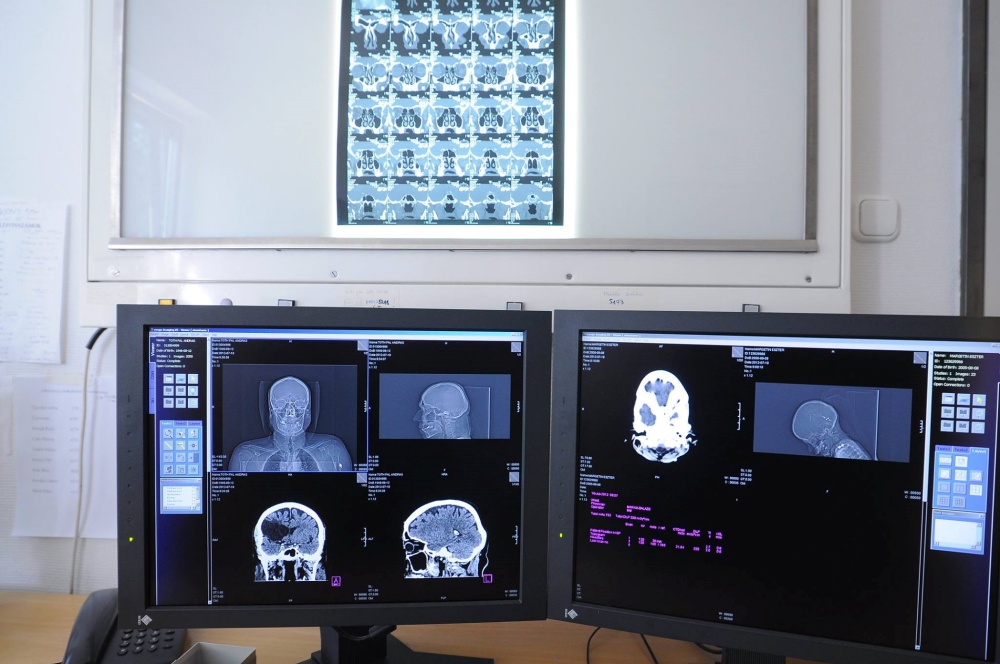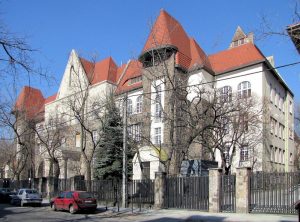
75 percent of childhood accidents could be prevented if adults knew and how to protect them.Continue reading

An artificial intelligence (AI)-based central decision support system is helping to improve the care of patients who have suffered strokes, thanks to an EU grant. Within the framework of the project, the National Institute of Mental Health, Neurology and Neurosurgery (OMIII) used the HUF 1.286 billion (EUR 3.3 million) grant to implement an AI-based automatic image evaluation system in patient care.
As the OMIII’s website reads, in developed industrialized societies, including Hungary, acute ischemic stroke (AIS) caused by cerebral vascular obstruction is the third leading cause of death and the first leading cause of disability requiring long-term care. In these cases, the prevention or reduction of permanent neurological damage can only be achieved by short-term circulatory intervention.
In Hungary, around 27,000 people are hospitalized each year for suspected stroke. More than 10,000 people die as a result of acute stroke, and many of the survivors require long-term care, so improving access to urgent treatment and care for acute stroke patients is of paramount importance.
OMIII is one of the five busiest acute stroke intervention centers in Europe, treating nearly half of all stroke patients requiring intervention in Hungary.

The National Institute of Mental Health, Neurology and Neurosurgery in Budapest. Photo: Wikipedia
“The right therapeutic decision can only be made on the basis of imaging findings, most often a CT scan of the skull. In order to ensure that this decision can be made as quickly and with the same quality anywhere in the country, our institute set up a central decision support system last year with EU funding,” said Dr. Loránd Erőss, OMIII’s Chief Medical Director.
From the hospitals involved in the system, the completed CT scan is immediately sent via a secure internet connection to a central evaluation server, where it is evaluated by an AI-based software. The evaluated result is sent back to the sending hospital and to the institution where the patient should be transferred for the appropriate intervention in case of a blockage of the pituitary arteries.
The processed images will be immediately available to the doctors treating the patient in the institutions’ image archives, as well as anonymously on desktop computers and mobile phones.
The system set up by OMIII, serving 28 hospitals, and a similar network, recently extended to 10 institutions, operating from a center in Pécs, cover 38 stroke centers in the country. No similar national coverage currently exists in other European countries.
As summarized by Dr. István Szikora, Chief Physician of the Neurointerventional Department at OMIII, the system has been operational since October 2022, and has been analyzing an average of 6-8,000 CT scans of patients per month since March 2023. In the past year, an AI-based analysis of 38,060 CT scans of 16,276 patients has been performed. The average image processing time is 10 minutes and the processing time is two minutes. The time from the first ambulance call to arrival at the final place of care for patients arriving at the institute has been reduced by 30 minutes in one year.
Via omiii.hu, Featured image: Facebook/Országos Mentális, Ideggyógyászati és Idegsebészeti Intézet